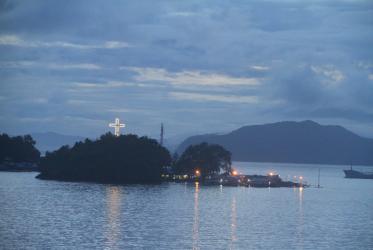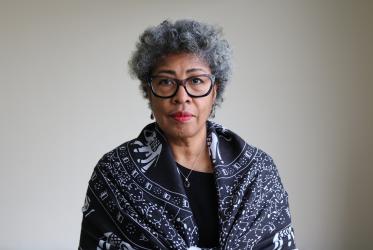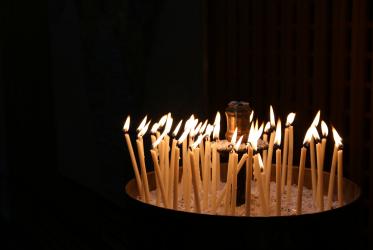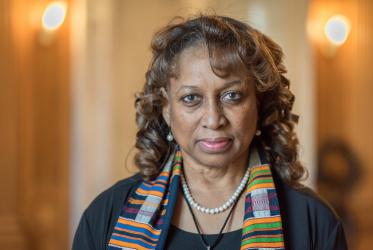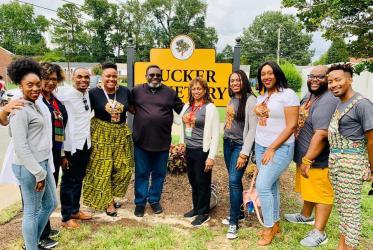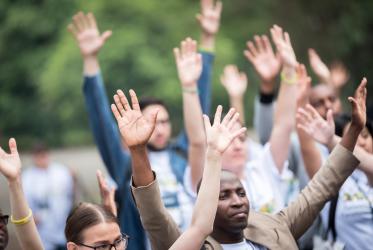Displaying 1 - 20 of 107
WCC to share key insights at World Social Forum
09 February 2024
Perkins names Dr Evelyn Parker as 2021 Distinguished Alumna
11 November 2021
In a COVID-stricken world, “everyone is important”
23 October 2020
CCIA meets in Brisbane with focus on Pacific regional priorities
19 February 2020
Eco-School promotes blue communities, green churches
19 November 2019
The cry of the Papuans in Indonesia
14 November 2019
WCC Eco-School begins in Thailand
07 November 2019


